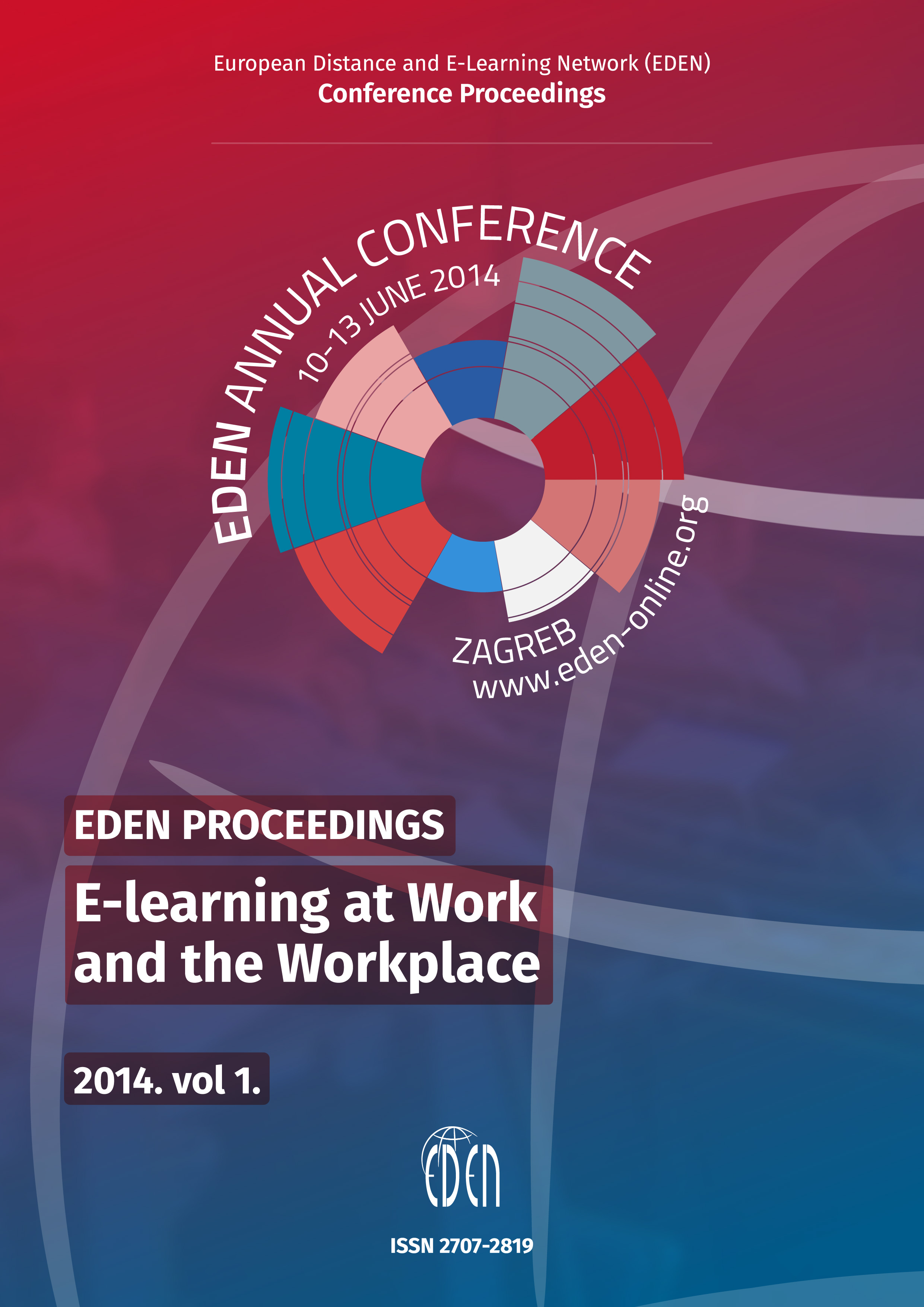Educational Triage in Higher Online Education: Walking a Moral Tightrope
Educational Triage in Higher Online Education: Walking a Moral Tightrope
Author(s): Paul Prinsloo, Sharon SladeSubject(s): Social Sciences, Education, Higher Education
Published by: European Distance and E-Learning Network
Keywords: Distance and e-learning methodology; Distance and e-learning theory; E-learning policies, strategies; Economic aspects of e-learning; educational triage; Learning Analytics; Learning analytics
Summary/Abstract: It is difficult to understate the scope and impact of the changes facing international and national higher education. Terms such as “disruption” and “innovation” (Christensen, 2008), “disaggregation” (Wiley & Hilton III, 2009), the “unbundling and unmooring” (Watters, 2012), “revolution” (Altbach, Reisberg & Rumbley, 2009), and “crisis” (Carr, 2012) have become endemic to discourses on the current and future states of higher education. Against this backdrop, higher education institutions increasingly need to make strategic decisions regarding opportunities and alleviating risk. Risk within higher education both mirrors the broader societal dimensions of risk, and also presents additional aspects including the danger of obsolescence, changing funding regimes, the impact of technology on content, assessment and the role of faculty, the increasing diversification of forms of higher education and student populations, and concerns about student success and retention (Altbach, Reisberg, & Rumbley, 2009; and Long & Siemens, 2011).Within this context, higher education and in particular open distance and elearning (ODeL) increasingly relies on the harvesting, analysis and use of available data to inform strategic decisions regarding enrolment, marketing, curriculum development, the appointment of staff, student assessment and increasingly, strategies that inform initiatives to increase student retention and success (Long & Siemens, 2011; Oblinger, 2012).The harvesting and analysis of student data therefore offers opportunities for higher education institutions to respond, timeously and appropriately, to identifying students who are at risk of failing or dropping out. The opportunities offered by learning analytics have, however, also brought to the fore concerns regarding a number of issues such as governmentality, data privacy, consent and other ethical issues and challenges (Booth, 2012; Clow, 2012, 2013a; Long & Siemens, 2011; Oblinger, 2012; Siemens, 2011; Slade & Prinsloo, 2013 and Wagner & Ice, 2012).
Journal: European Distance and E-Learning Network (EDEN) Conference Proceedings
- Issue Year: 2014
- Issue No: 1
- Page Range: 412-420
- Page Count: 9
- Language: English

